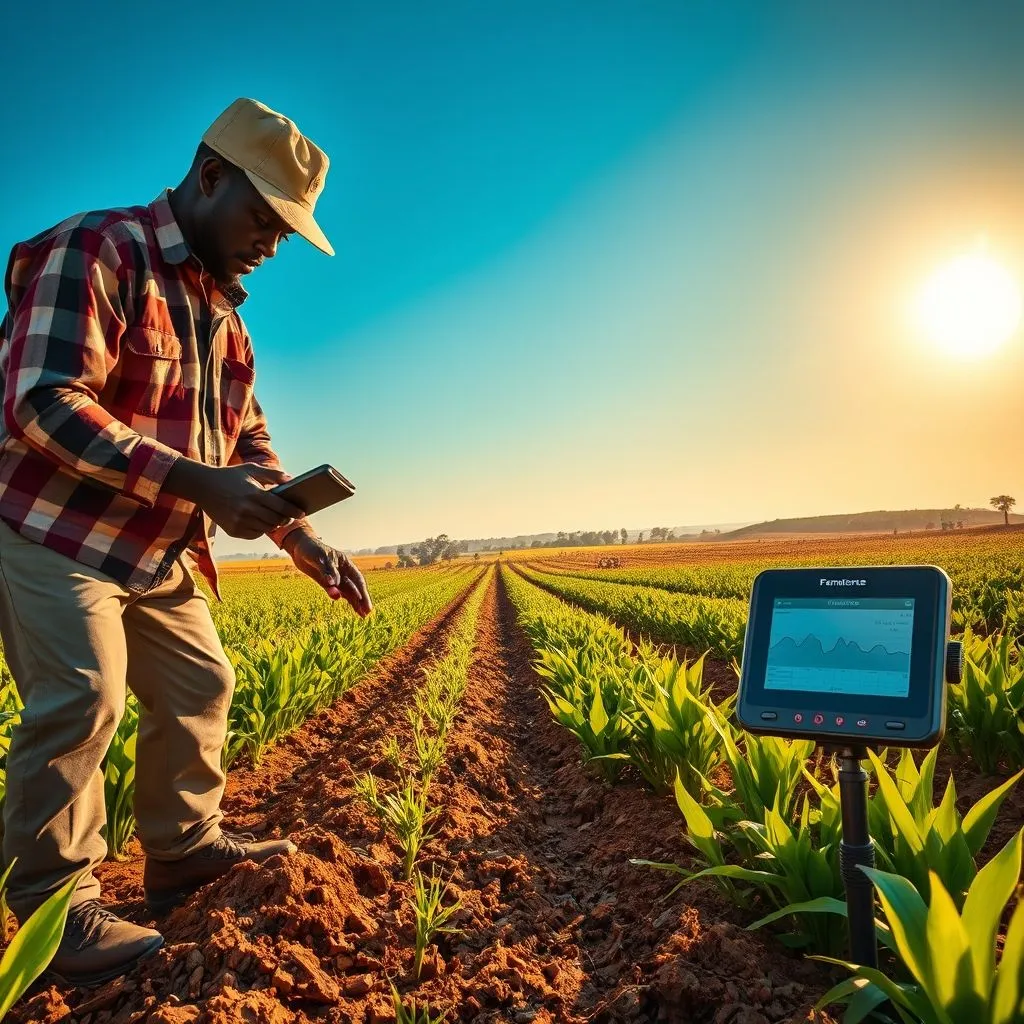Agriculture is the backbone of many African economies, employing millions of people and contributing significantly to the continent’s GDP. However, the sector faces numerous challenges, including low productivity, limited access to markets, and inadequate use of technology. To address these challenges and ensure sustainable agricultural development, improving agricultural innovation systems in Africa is crucial.
The Importance of Agricultural Innovation Systems
Agricultural innovation systems (AIS) refer to the network of organizations, individuals, and institutions that work together to develop, disseminate, and adopt new technologies, products, and practices in agriculture. AIS play a vital role in improving agricultural productivity, enhancing food security, and promoting sustainable agricultural practices. By fostering innovation and entrepreneurship, AIS can help African farmers increase their incomes, improve their livelihoods, and contribute to the continent’s economic growth.
Challenges Facing Agricultural Innovation Systems in Africa
Despite the importance of AIS, several challenges hinder their effectiveness in Africa. These include:
- Limited funding: AIS in Africa often suffer from inadequate funding, which limits their ability to develop and disseminate new technologies.
- Inadequate infrastructure: Poor roads, storage facilities, and communication networks hinder the dissemination of new technologies and limit access to markets.
- Limited capacity: Many African countries lack the capacity to develop and implement effective AIS, including trained personnel, adequate institutions, and robust policies.
- Weak linkages: AIS in Africa often suffer from weak linkages between research institutions, extension services, and farmers, which limits the adoption of new technologies.
- Climate change: Climate change poses a significant threat to agricultural development in Africa, requiring AIS to develop and disseminate climate-resilient technologies.
Strategies for Improving Agricultural Innovation Systems in Africa
To overcome these challenges and improve AIS in Africa, several strategies can be employed:
- Increase funding: Governments, donors, and private sector organizations should increase funding for AIS, focusing on competitive grants, innovation hubs, and incubators.
- Develop capacity: African countries should invest in building capacity for AIS, including training personnel, strengthening institutions, and developing robust policies.
- Foster partnerships: AIS should foster partnerships between research institutions, extension services, farmers, and the private sector to promote collaboration and knowledge sharing.
- Promote digital agriculture: Digital technologies, such as mobile phones, drones, and precision agriculture, can enhance the efficiency and effectiveness of AIS.
- Support youth and women: AIS should prioritize the needs of youth and women, who play a critical role in African agriculture, by providing targeted support and resources.
- Encourage entrepreneurship: AIS should promote entrepreneurship and innovation in agriculture, including supporting start-ups, incubators, and accelerators.
- Develop climate-resilient technologies: AIS should prioritize the development and dissemination of climate-resilient technologies, such as drought-tolerant crops and conservation agriculture.
Examples of Successful Agricultural Innovation Systems in Africa
Several African countries have made significant progress in improving their AIS, including:
- Kenya’s agricultural innovation hubs: Kenya has established several innovation hubs, such as the Nairobi Innovation Hub, which support start-ups and entrepreneurs in agriculture.
- Ghana’s agricultural extension services: Ghana has strengthened its agricultural extension services, providing farmers with access to advice, training, and new technologies.
- South Africa’s agricultural research institutions: South Africa has a well-developed agricultural research system, which has developed several innovative technologies, such as genetically modified crops.
Conclusion
Improving agricultural innovation systems in Africa is critical for promoting sustainable agricultural development, enhancing food security, and contributing to the continent’s economic growth. By increasing funding, developing capacity, fostering partnerships, promoting digital agriculture, supporting youth and women, encouraging entrepreneurship, and developing climate-resilient technologies, African countries can strengthen their AIS and achieve their agricultural development goals. As the continent continues to face numerous agricultural challenges, investing in AIS is essential for ensuring a food-secure and prosperous future for all Africans.

